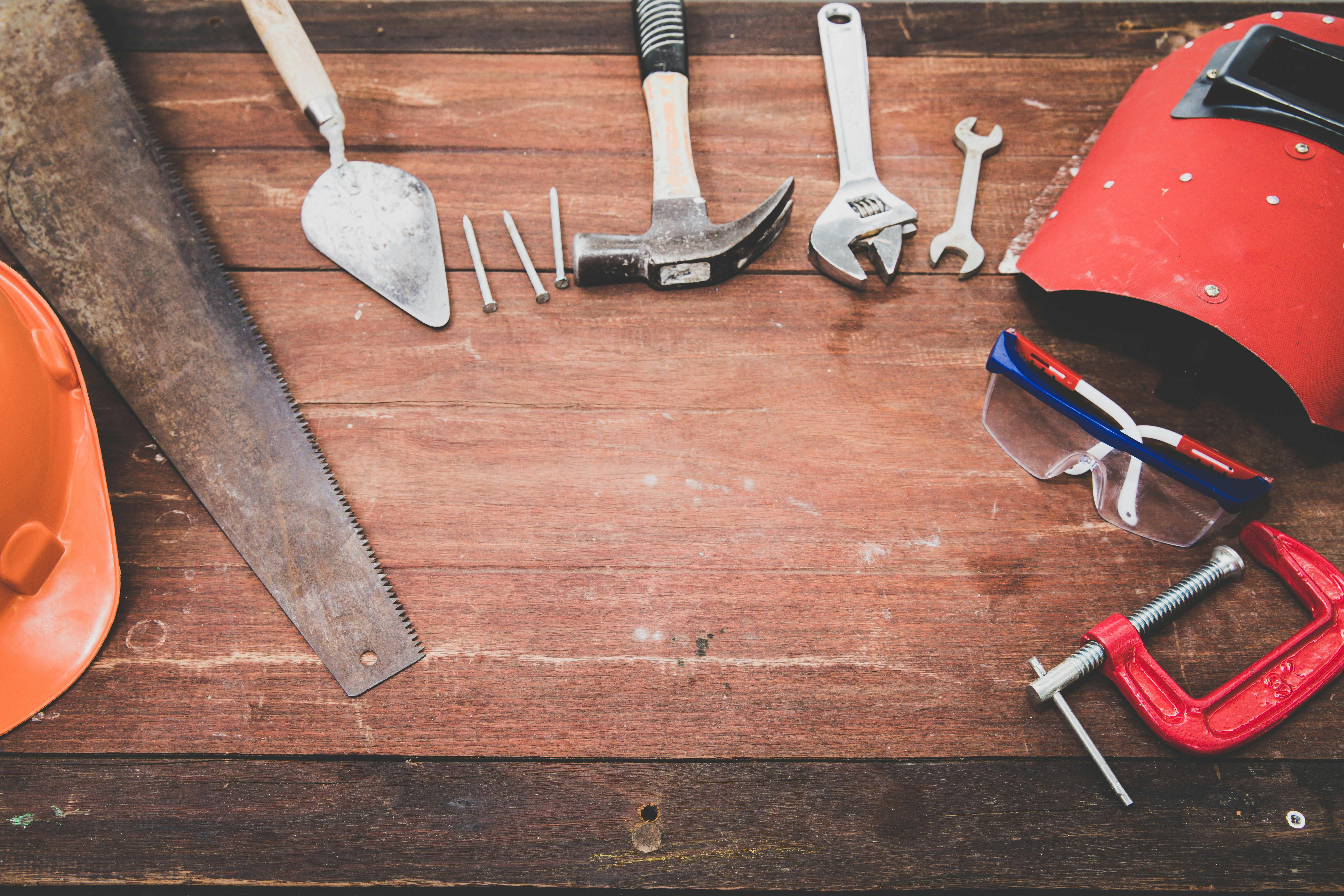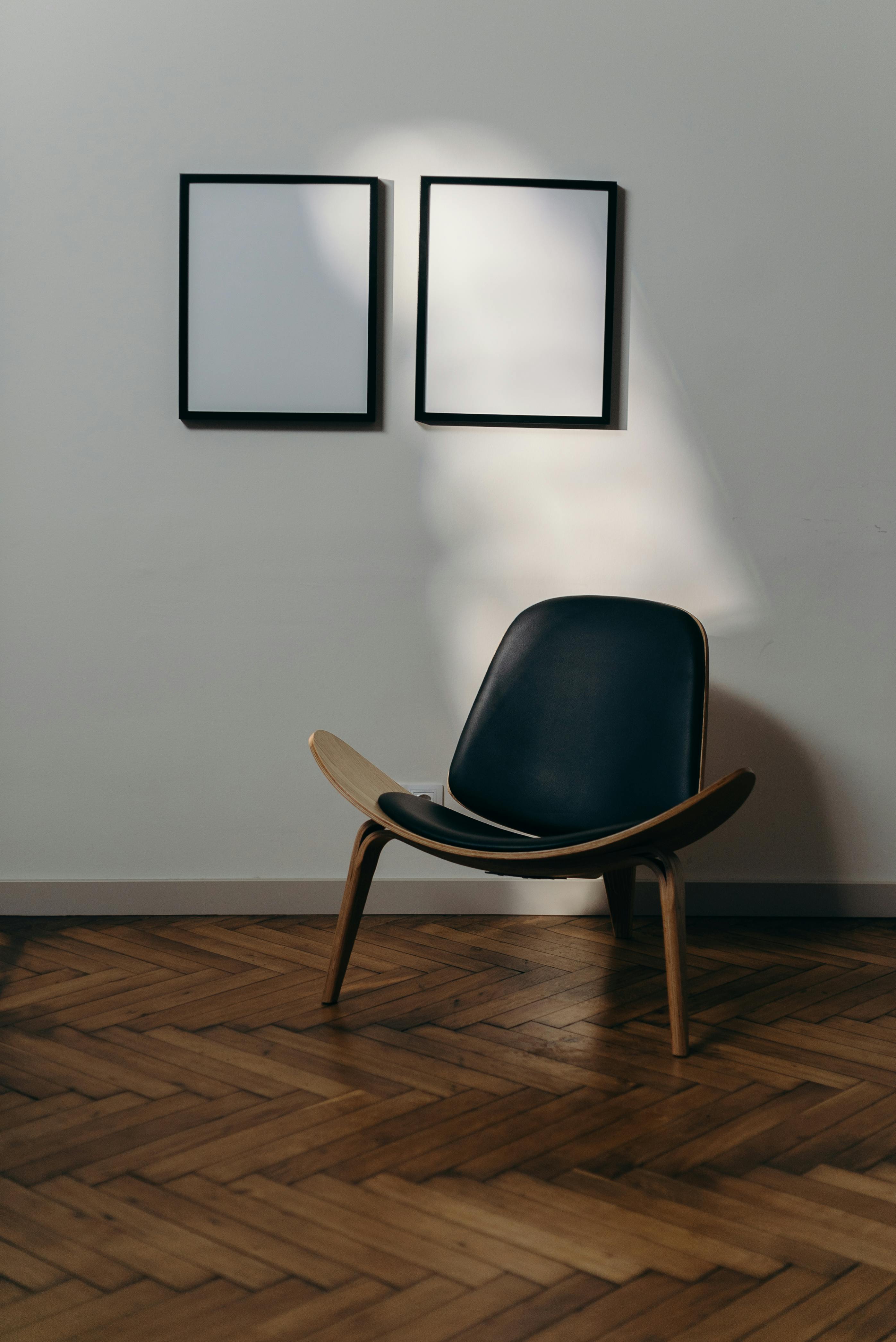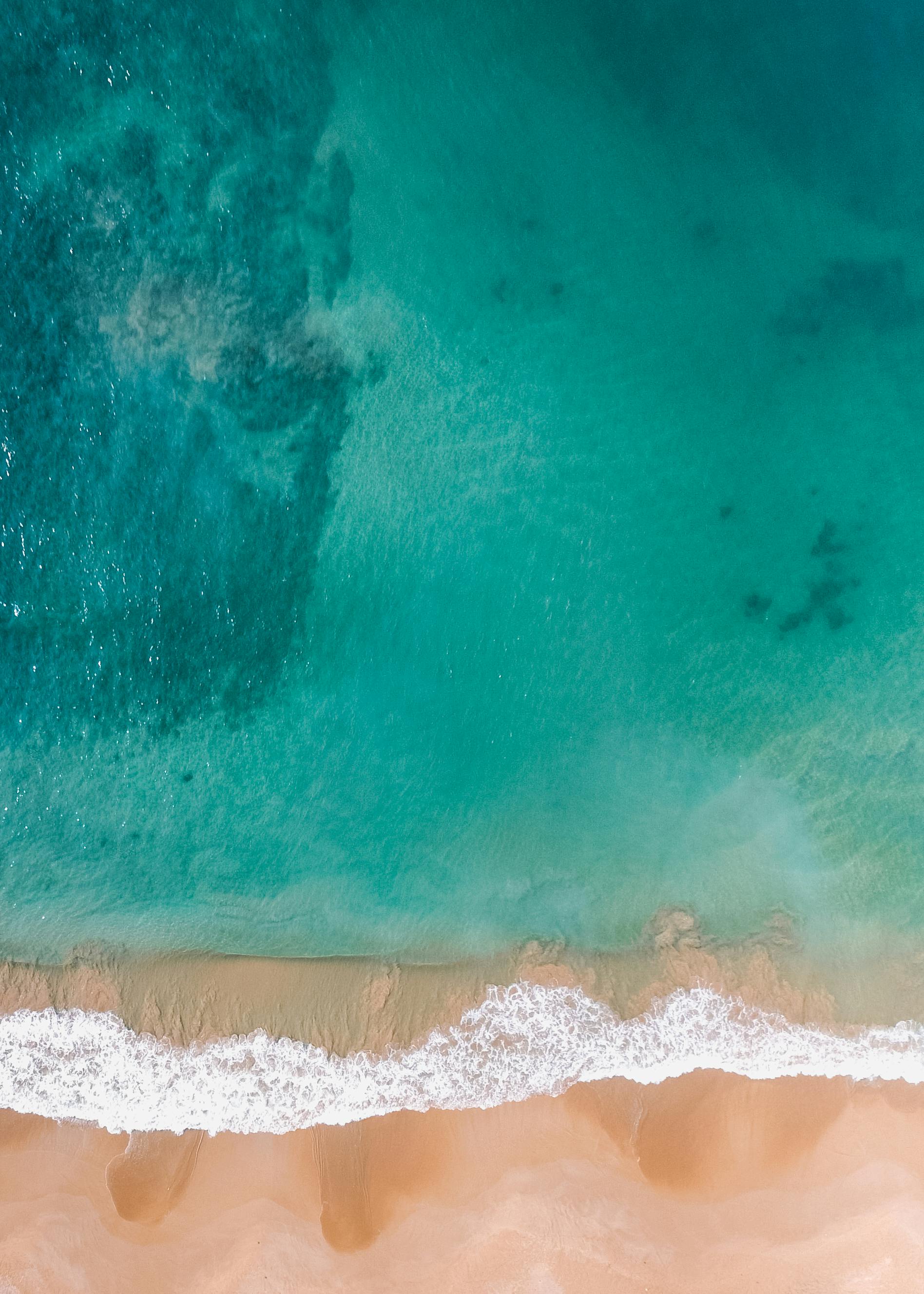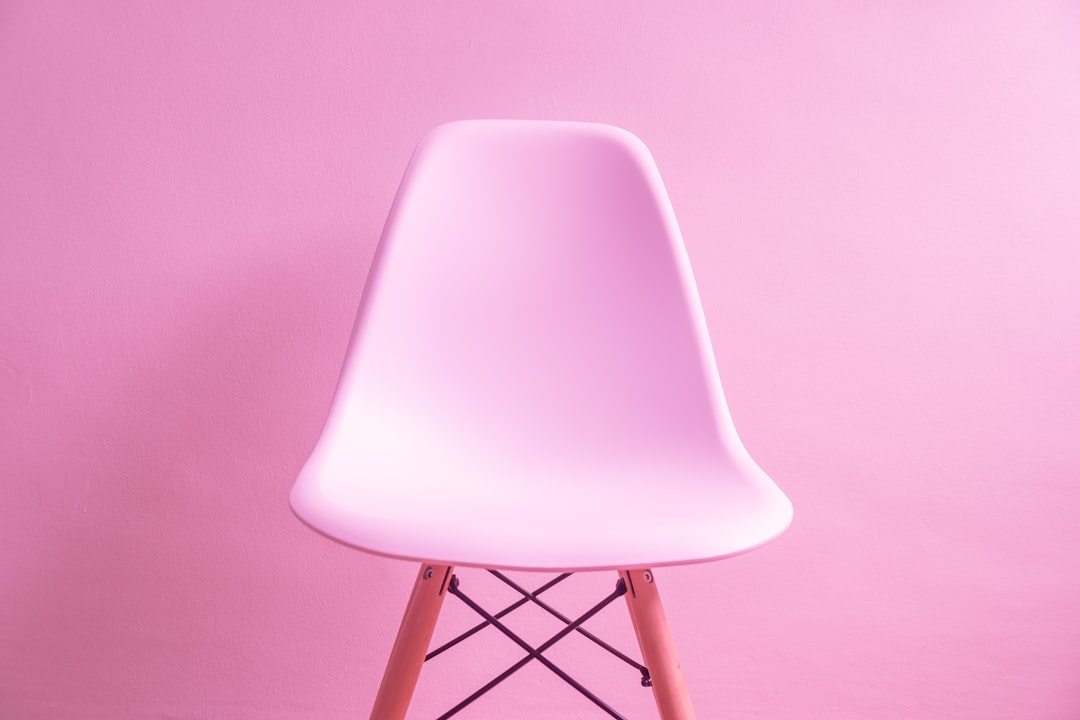In a world increasingly cluttered with possessions, distractions, and endless choices, the philosophy of minimalism offers a refreshing path to clarity and purpose. It’s more than just decluttering your home; it’s a deliberate choice to live with less to make room for what truly matters. This comprehensive guide will introduce you to the core principles of minimalism, explore its profound benefits, and provide actionable steps to begin your own journey towards a simpler, more fulfilling life.
Did you know that the average American home contains approximately 300,000 items? This staggering number often contributes to stress, financial burden, and environmental impact. Minimalism provides a counter-narrative, inviting you to re-evaluate your relationship with material possessions and prioritize experiences, growth, and well-being over accumulation. Join us as we delve into the practicalities and profound shifts that minimalism can bring.
Understanding the Core of Minimalism
Minimalism is a tool to rid yourself of life’s excess in favor of focusing on what’s important—so you can find happiness, fulfillment, and freedom. It’s not about deprivation, but rather about intentionality. This philosophy encourages you to question the value each item brings to your life and to consciously choose what you allow into your space and schedule.
Beyond Just Possessions
While often associated with decluttering physical items, minimalism extends to various aspects of life. It can apply to your digital life, time commitments, relationships, and even your thoughts. The goal is to reduce what drains your energy and attention, allowing you to invest more in what truly enriches your existence.
“Minimalism is the intentional promotion of the things we most value and the removal of anything that distracts from it.” – Joshua Fields Millburn & Ryan Nicodemus, The Minimalists.
The Profound Benefits of a Minimalist Lifestyle
Embracing minimalism can unlock a multitude of benefits that extend far beyond a tidy home. These advantages often lead to a significant improvement in overall well-being and quality of life.
Financial Freedom and Reduced Stress
One of the most immediate impacts of minimalism is on your finances. By consuming less and making more deliberate purchases, you naturally save money. This reduction in spending can alleviate financial stress and open doors to new opportunities, such as paying off debt, saving for experiences, or investing in your future.
Enhanced Mental Clarity and Focus
A cluttered environment often leads to a cluttered mind. By simplifying your surroundings, you reduce visual noise and decision fatigue. This allows for greater mental clarity, improved focus, and a sense of calm. Many minimalists report feeling less overwhelmed and more present in their daily lives.

For more insights into the psychological benefits of decluttering, consider exploring resources like this article on the Psychology Today blog about the psychology of decluttering. It delves into how tidying up can positively impact mental well-being.
Getting Started: Practical Steps to Declutter Your Space
The journey into minimalism often begins with decluttering your physical environment. This process can seem daunting, but by breaking it down into manageable steps, you can achieve significant progress.
The Four-Box Method
A popular and effective method for decluttering is the “Four-Box Method.” Gather four boxes and label them:
- Keep: Items you use regularly and truly value.
- Donate/Sell: Items in good condition that you no longer need.
- Trash: Items that are broken, expired, or unusable.
- Relocate: Items that belong in another room.
Tackle one small area or category at a time (e.g., a single drawer, your clothes, books). This prevents overwhelm and allows you to celebrate small victories.

The “One In, One Out” Rule
Once you’ve decluttered, maintaining a minimalist space requires ongoing effort. Implement the “one in, one out” rule: for every new item you bring into your home, one similar item must leave. This simple rule helps prevent re-accumulation and encourages mindful purchasing.
Mindful Consumption: Beyond Physical Possessions
Minimalism isn’t just about what you own; it’s also about how you consume. This includes your digital habits, time management, and even the experiences you seek.
Digital Decluttering
Our digital lives can be just as cluttered as our physical ones. Consider decluttering your:
- Email Inbox: Unsubscribe from unnecessary newsletters.
- Social Media: Curate your feed, unfollow accounts that don’t add value.
- Files and Photos: Delete duplicates and organize important documents.
- Apps: Remove unused applications from your phone and computer.
A streamlined digital environment can significantly reduce distractions and improve productivity.
Valuing Experiences Over Things
Minimalism encourages investing in experiences rather than accumulating more possessions. Travel, learning new skills, spending time with loved ones, or pursuing hobbies often provide more lasting happiness and richer memories than material goods. This shift in values is central to a truly minimalist lifestyle.

Sustaining Your Minimalist Journey
Minimalism is not a destination but an ongoing practice. Maintaining a minimalist lifestyle requires continuous reflection and adaptation.
Regular Reviews and Adaptations
Periodically review your possessions and commitments. Your needs and values may change over time, and your minimalist approach should evolve with them. What served you well last year might not be necessary today. This flexibility is key to long-term success.
Building Mindful Habits
Incorporate mindful habits into your daily routine. Before making a purchase, ask yourself: “Do I truly need this? Does it add value to my life? Can I borrow or rent it instead?” These questions foster intentionality and prevent impulsive acquisitions.
Minimalism’s Impact on Well-being: A Snapshot
The shift to minimalism often brings tangible improvements across various aspects of life. Here’s a simplified comparison:
| Aspect | Before Minimalism | After Minimalism |
|---|---|---|
| Financial Health | Frequent impulse buys, debt, financial stress. | Increased savings, reduced debt, financial security. |
| Mental State | Overwhelm, decision fatigue, anxiety from clutter. | Clarity, calm, reduced stress, improved focus. |
| Time Management | Searching for items, maintaining many possessions. | More free time, focus on meaningful activities. |
| Environmental Impact | High consumption, increased waste. | Reduced waste, sustainable choices, conscious living. |
For further reading on the environmental benefits of reduced consumption, you might find this article on Sustainable Consumption and Production by the UN Environment Programme insightful. It highlights the broader impact of our choices.
Another valuable resource for understanding the long-term effects of consumer behavior is this research from the American Psychological Association on money and happiness, which often correlates with minimalist principles.
Embracing minimalism is a journey of discovery, leading to a life rich in experiences and free from unnecessary burdens. It’s about finding joy in less and making space for what truly matters. By intentionally curating your possessions, time, and attention, you can cultivate a life of greater purpose, peace, and fulfillment.
Are you ready to take the first step towards a simpler, more intentional life? What aspect of minimalism resonates most with you, and what small change will you make today?
